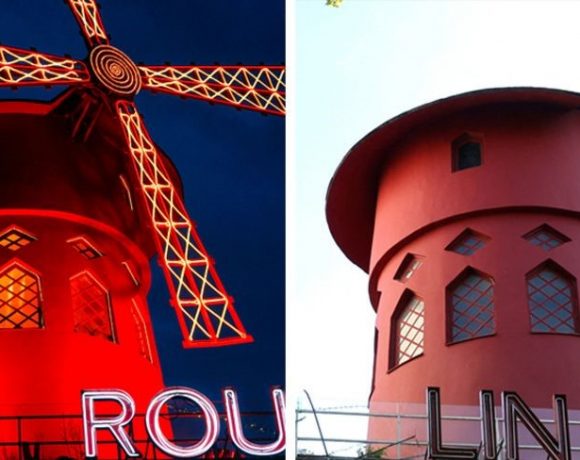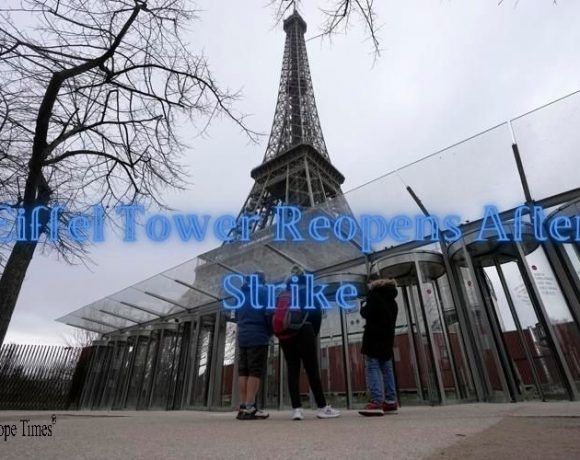
The iconic windmill crowning the Moulin Rouge, Paris’s renowned cabaret club, suffered a setback as its sails collapsed onto the street below, causing the first three letters of its sign to also fall off. Fortunately, there were no injuries reported from the incident, which occurred in the early hours of the morning.
Despite regular maintenance checks by the cabaret’s technical teams, the cause of the collapse remains unclear. Moulin Rouge director Jean-Victor Clerico emphasized that foul play is not suspected, attributing the incident to a technical malfunction.
While the loss of the windmill’s sails is a significant event, Parisians and visitors alike reflect on the historical and cultural significance of the Moulin Rouge. Established in 1889 at the foot of Montmartre hill, it quickly became synonymous with the vibrant nightlife of Paris, attracting artists like Henri de Toulouse-Lautrec, who immortalized its allure during the Belle Époque era.
The cabaret’s legacy endured through various artistic representations, including Toulouse-Lautrec’s iconic posters and Baz Luhrmann’s film “Moulin Rouge!”, which introduced its story to a contemporary audience. Known for its can-can performances and risqué atmosphere, the Moulin Rouge remains a cherished landmark despite this recent setback.
Picture Courtesy: Google/images are subject to copyright

